I’ve never really contemplated the existence of black, non-indigenous people in Australia, especially those who didn’t recently emigrate from Africa, but if Sissy is any indication, there are at least two of them. One is Aisha Dee, who stars as the titular Sissy — or Cecilia, as she is quick to point out — an online influencer with a robust following of 200,000 who specializes in self-help videos about meditation, relaxation and instilling confidence and self worth, with the occasional pause to hock facial cleansing masks.
However, her persona as a calm, confident dispenser of wisdom who has all of her shit together is a facade. Once her camera and ring light are off, she’s on the sofa of her unkempt home, watching trashy reality shows and eating up leftover pizza like she eats up the comments on her posts.
Her insecurities bubble to the surface one day when she runs into her childhood bestie Emma (co-writer-director Hannah Barlow) at a drugstore. They haven’t seen each other in a decade, since Emma befriended a girl named Alex who taunted Cecilia with the moniker “Cissy the Sissy” and drove a wedge between the two. Eager to rekindle their friendship, Emma invites the reluctant Cecilia to her bachelorette getaway (her fiancée being the other black character, Franny [Lucy Barrett]) but fails to mention that Alex will also be there. Emma is kind of thick like that.
Sparks immediately fly, of course. Alex is not only inherently catty, but she also holds a grudge against Cecilia. It seems that when they were kids, Cecilia lashed out violently at a taunting Alex, scarring her face permanently. Old (metaphoric) wounds open up as the weekend progresses, and Cecilia finds herself once again ostracized by Emma’s group of friends. It’s enough to trigger an orgy of violence, and since this is a horror movie, that’s exactly what we get.
When all is said and done, Sissy might go down as a defining Gen Z slasher. It touches upon hot-button issues like mental health, bullying and self-image, features a diverse cast and highlights the warped perception of reality in today’s social media. Cecilia’s sense of worth is shaped by her status as an influencer. When she feels low, she supplements her affirmations that “I am loved, I am special, I am enough” with peeks at glowing comments from her followers to boost her morale. It’s certainly not a healthy crutch, but these platitudes keep her inner turmoil in check, and as it turns out, there’s a lot in there to check.
She relies on her followers to validate her, even though the person she presents to them — the one they follow — is not valid. She’s a fraud. When Alex takes Cecilia’s phone and threatens to post a video to expose her true self to her fanbase, Cecilia reaches her breaking point, and the mayhem begins. She’s a postmodern slasher killer; her mask is figurative, not the literal masks of Michael Myers, Jason Vorhees and slasher villains of yore.
Her appearance as black — and a black woman at that — further differentiates Cecilia from the standard slasher killer template, a refreshing change of pace in an era in which it seems that over-corrections for respectability politics lead some creatives to shy away from black villainy. Villains in horror are often the most complex and fascinating characters in the story, and Cecilia is no exception. She’s not a typical black horror character — hollow, expendable, ancillary — and she’s no ordinary villain. She’s a relatably flawed antihero who embodies our frustrations, our neuroses, our insecurities and our inner desire to stab someone in the face.
Centering a horror movie around a black female killer is still a rare and noteworthy event, Sissy being reminiscent of 2021’s warped character study Sound of Violence. However, unlike Sound of Violence, while Sissy delves into dark topics, it maintains a light, parodic tone throughout, poking fun at online celebrity status, wallowing in cringey social interactions and delivering a gleefully gory string of over-the-top death scenes. Dee shines in the title role, conveying a wide-eyed, unassuming awkwardness that draws you into her world, and despite her actions, she treads the line between innocence and malevolence, making you question who to root for in this Gen Z genocide.
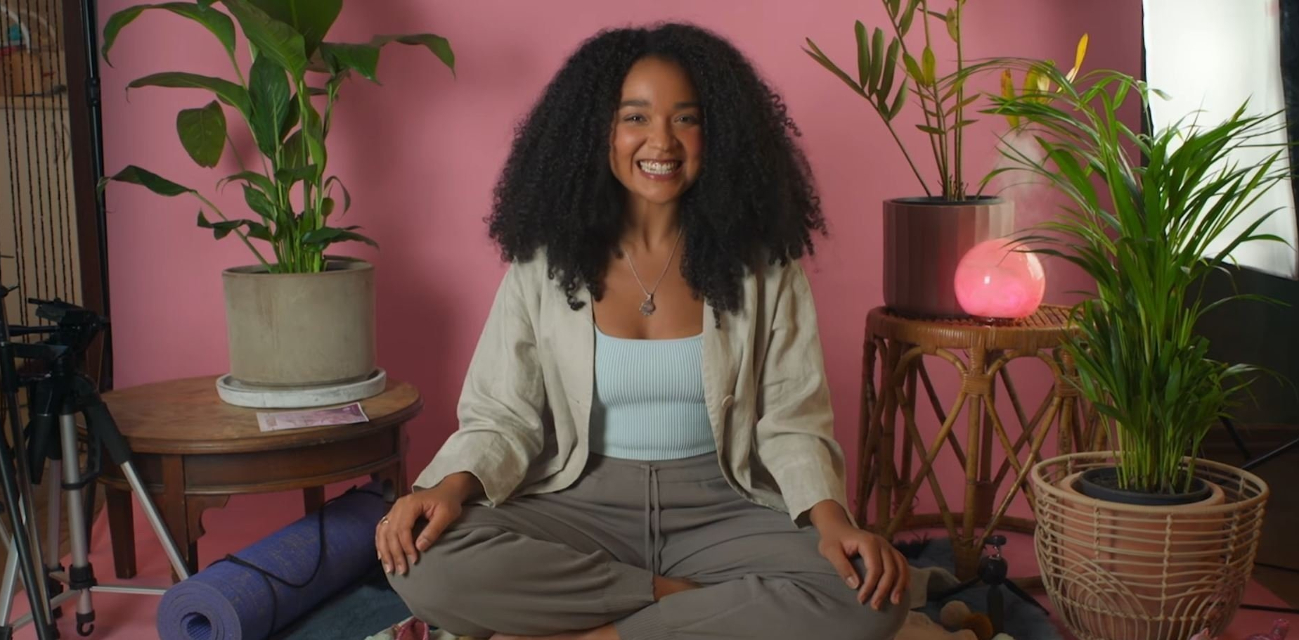
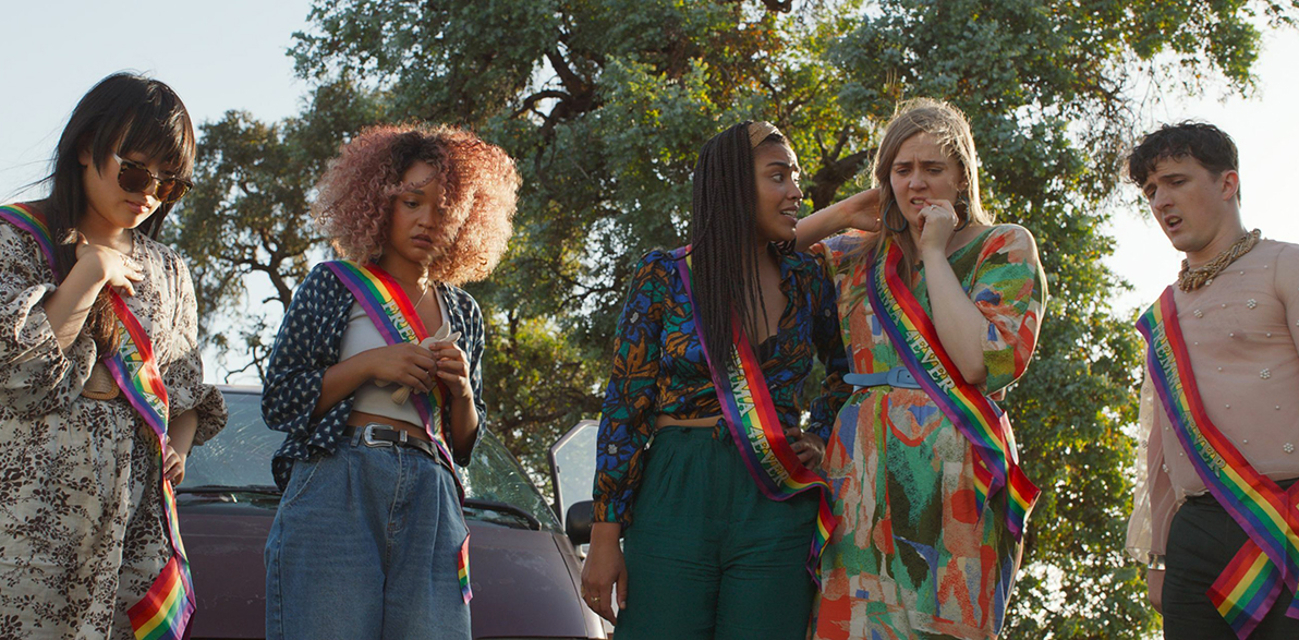
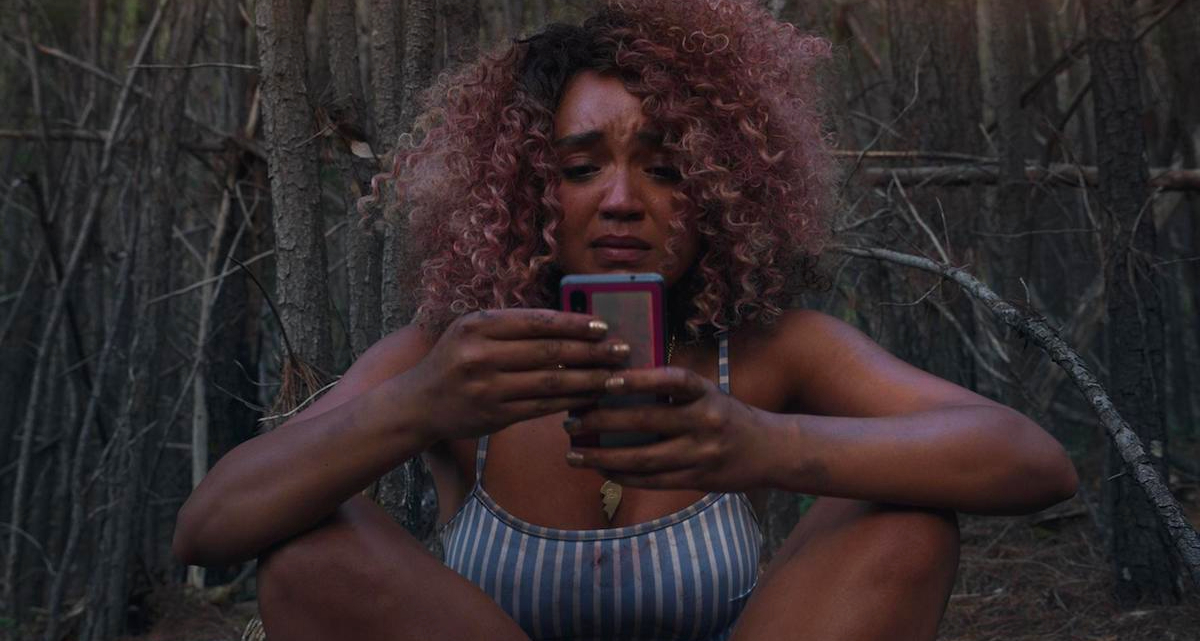
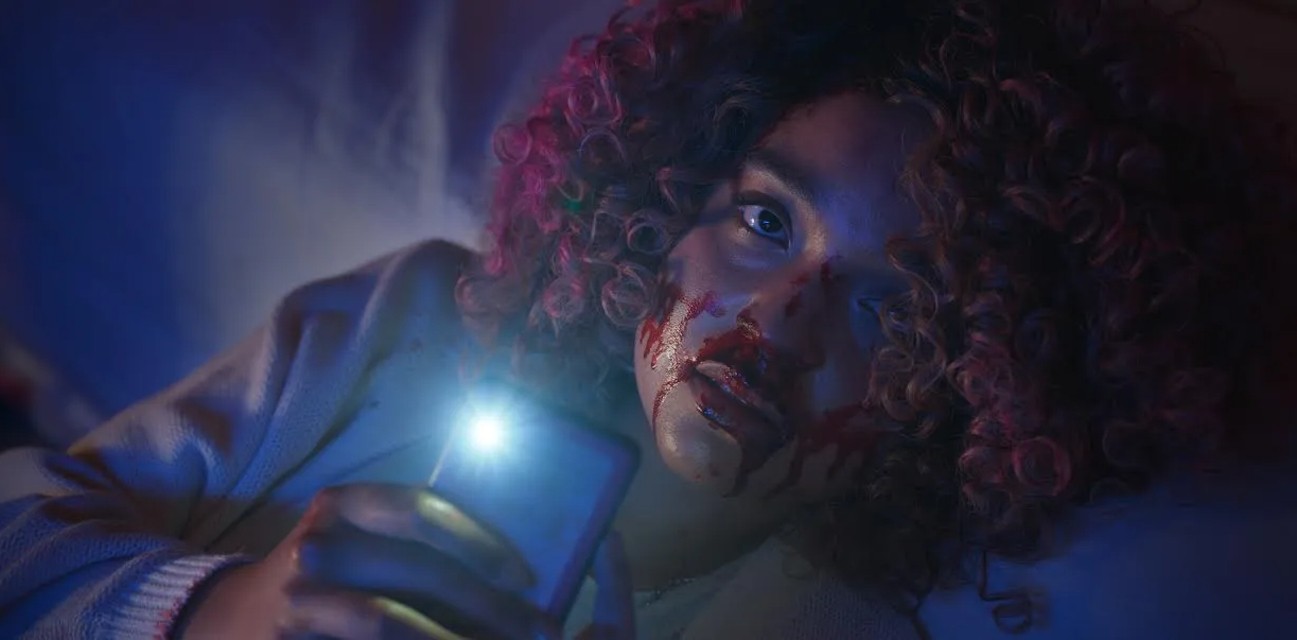






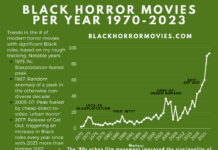


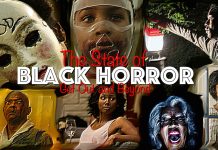






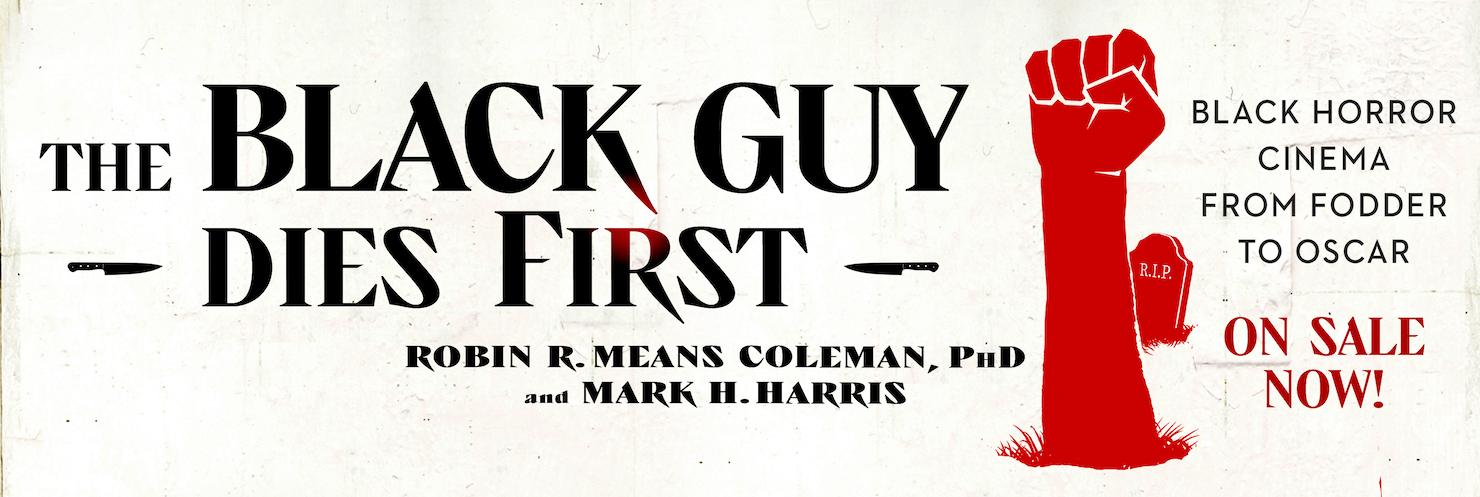
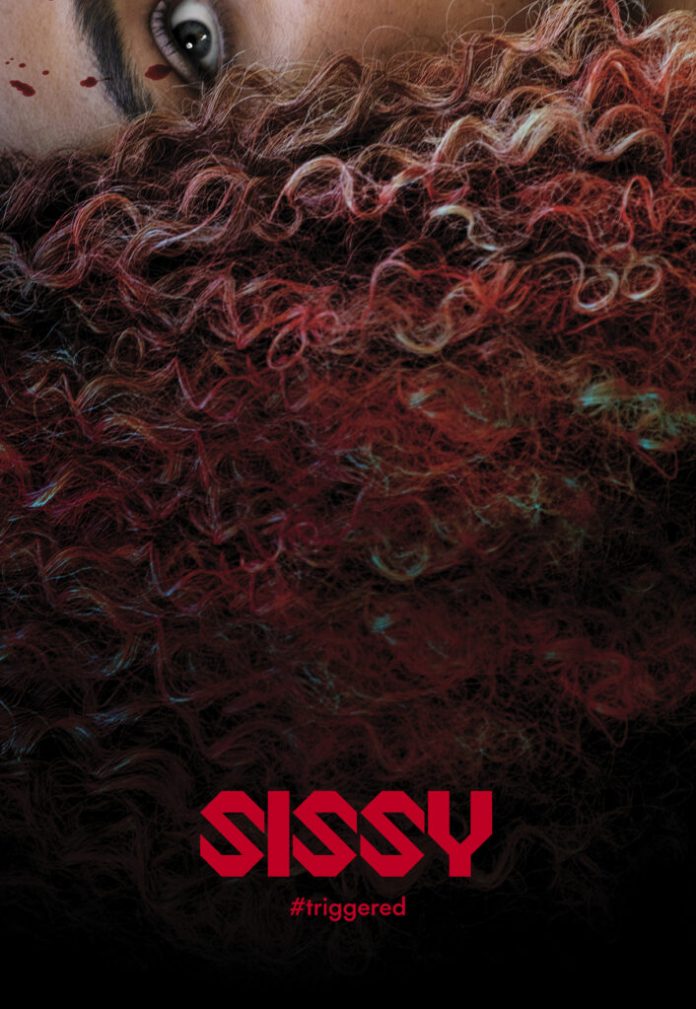


I agree with your review. It’s a pretty good film. I love the twist with the final girl being the killer. A fresh idea goes a long way. Just one small issue. You keep referring to Aisah Dee as ‘Black’. It’s very insulting to her people. I’m not into political correctness but I do consider people’s feeelings.
I agree with your review. It’s a pretty good film. I love the twist with the final girl being the killer. A fresh idea goes a long way. Just one small issue. You keep referring to Aisah Dee as ‘Black’. It’s very insulting to her people. I’m not into political correctness but I do consider people’s feelings.